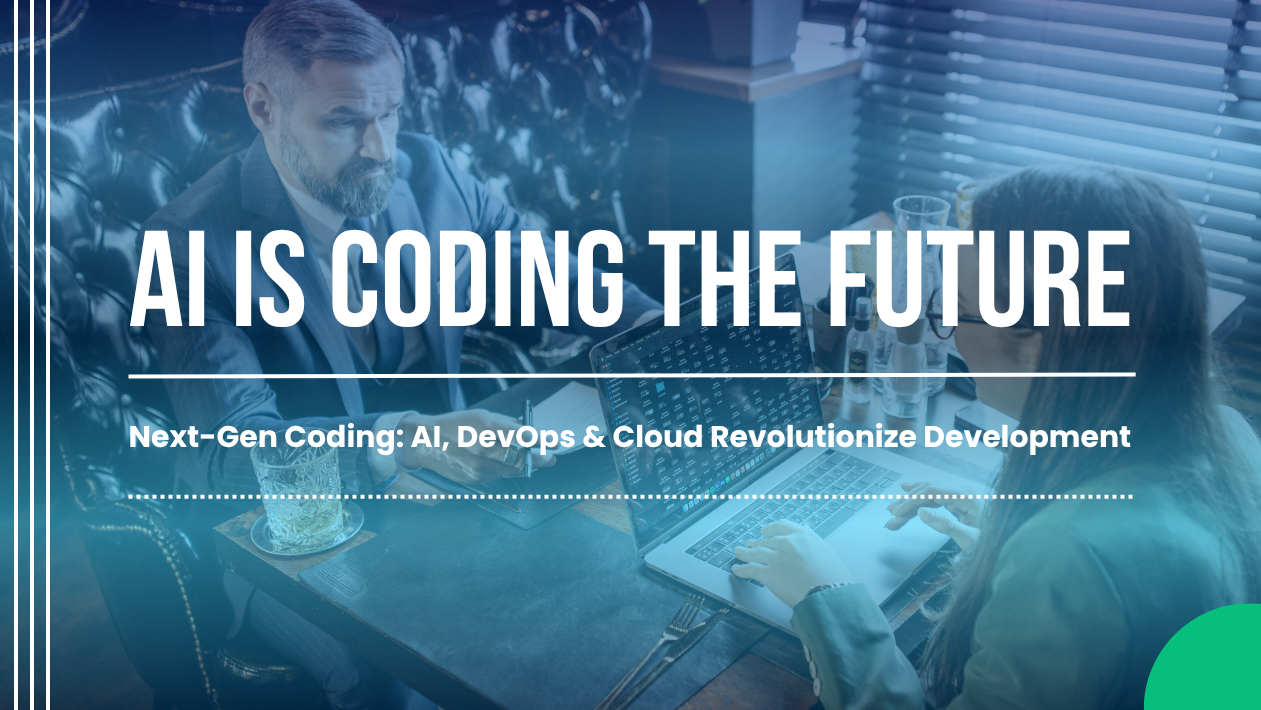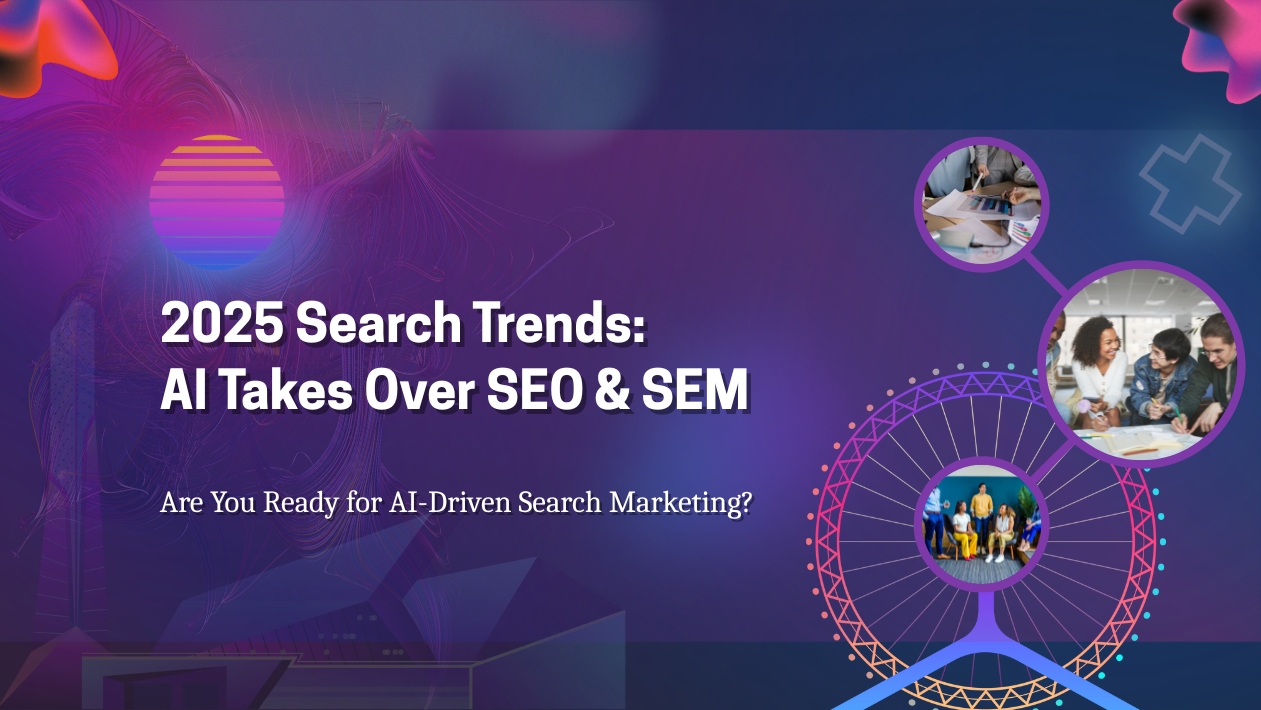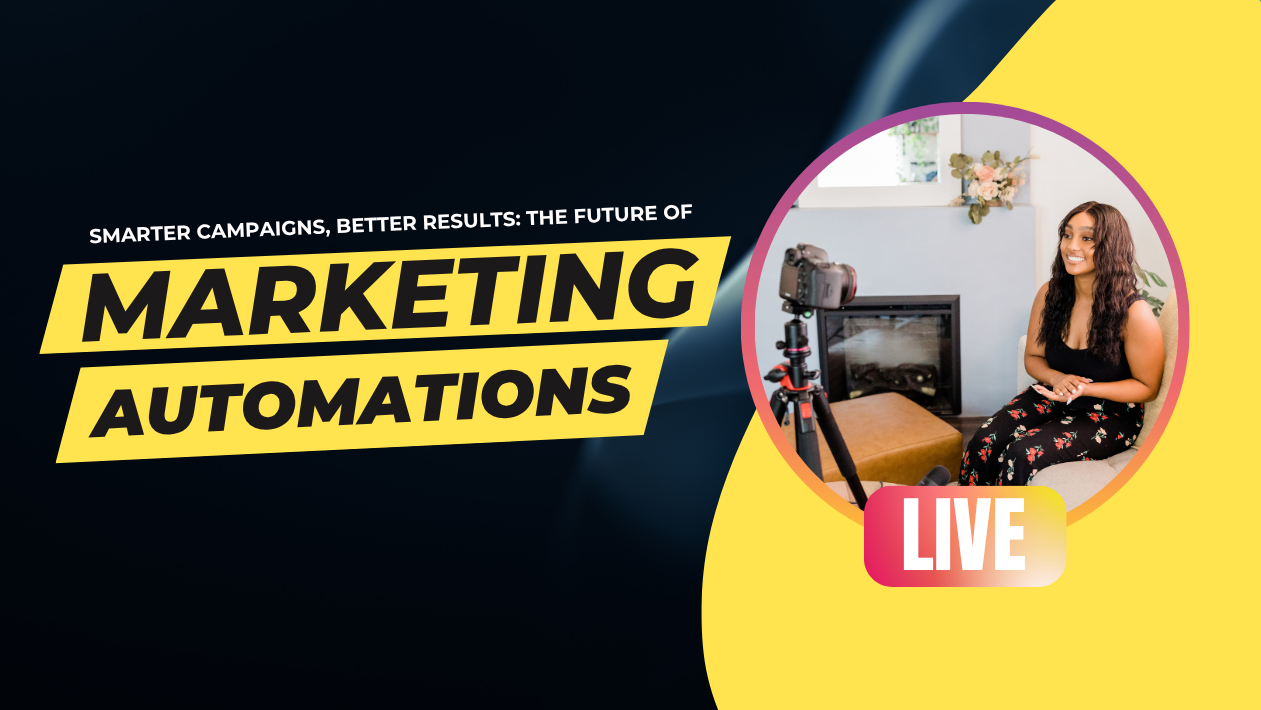As we move deeper into the data-driven decade, 2025 is marking a pivotal shift in how organizations collect, process, and apply data. With the rise of real-time analytics, AI integration, and a strong focus on data ethics and governance, businesses are transforming decision-making from reactive to predictive—and even prescriptive.
Real-Time Data is the New Gold
In sectors like finance, e-commerce, and healthcare, real-time analytics is now essential. Organizations are leveraging platforms like Snowflake, Databricks, and Google BigQuery to process massive data streams instantly, enabling real-time fraud detection, inventory optimization, and customer personalization on the fly.
AI and Machine Learning Embedded in Data Pipelines
Data analytics platforms are no longer just for dashboards. In 2025, AI models are being integrated directly into analytics workflows to forecast demand, detect anomalies, and personalize user experiences.
Companies are using automated machine learning (AutoML) tools to enable business users—not just data scientists—to create predictive models, accelerating time-to-insight.
Data Fabric and Mesh Architectures Enable Scalable Growth
To overcome the bottlenecks of traditional data lakes and warehouses, enterprises are adopting data fabric and data mesh architectures. These models enable decentralized data ownership and cross-functional access, ensuring that teams can work with trusted, up-to-date data while maintaining governance standards.
Rise of Data Observability and Quality Tools
With the explosion of data sources, maintaining data quality is more critical than ever. Tools like Monte Carlo, Accurics, and Great Expectations are helping teams monitor data pipelines for accuracy, completeness, and lineage, ensuring trustworthy insights.
Ethical and Responsible Data Governance Takes Priority
Governments and enterprises alike are introducing stricter data privacy, usage, and AI governance frameworks. With increasing regulation around data residency, bias in algorithms, and consent-based tracking, data governance has evolved into a strategic function.
Companies are hiring Chief Data Ethics Officers and deploying automated tools to ensure transparency, compliance, and accountability.
Self-Service BI Empowers Non-Technical Users
Modern BI tools like Power BI, Looker, and Tableau are enabling non-technical professionals to explore data, generate reports, and visualize trends with drag-and-drop interfaces. This democratization of data is creating a more agile, insight-driven workforce.
Looking Ahead: Augmented Analytics and Autonomous Decision-Making
As businesses continue to scale, the future of analytics lies in augmented intelligence—where human judgment is enhanced by machine-generated recommendations. In the next phase, autonomous analytics could enable systems to make decisions automatically, from adjusting supply chains to triggering marketing campaigns, without human intervention.





